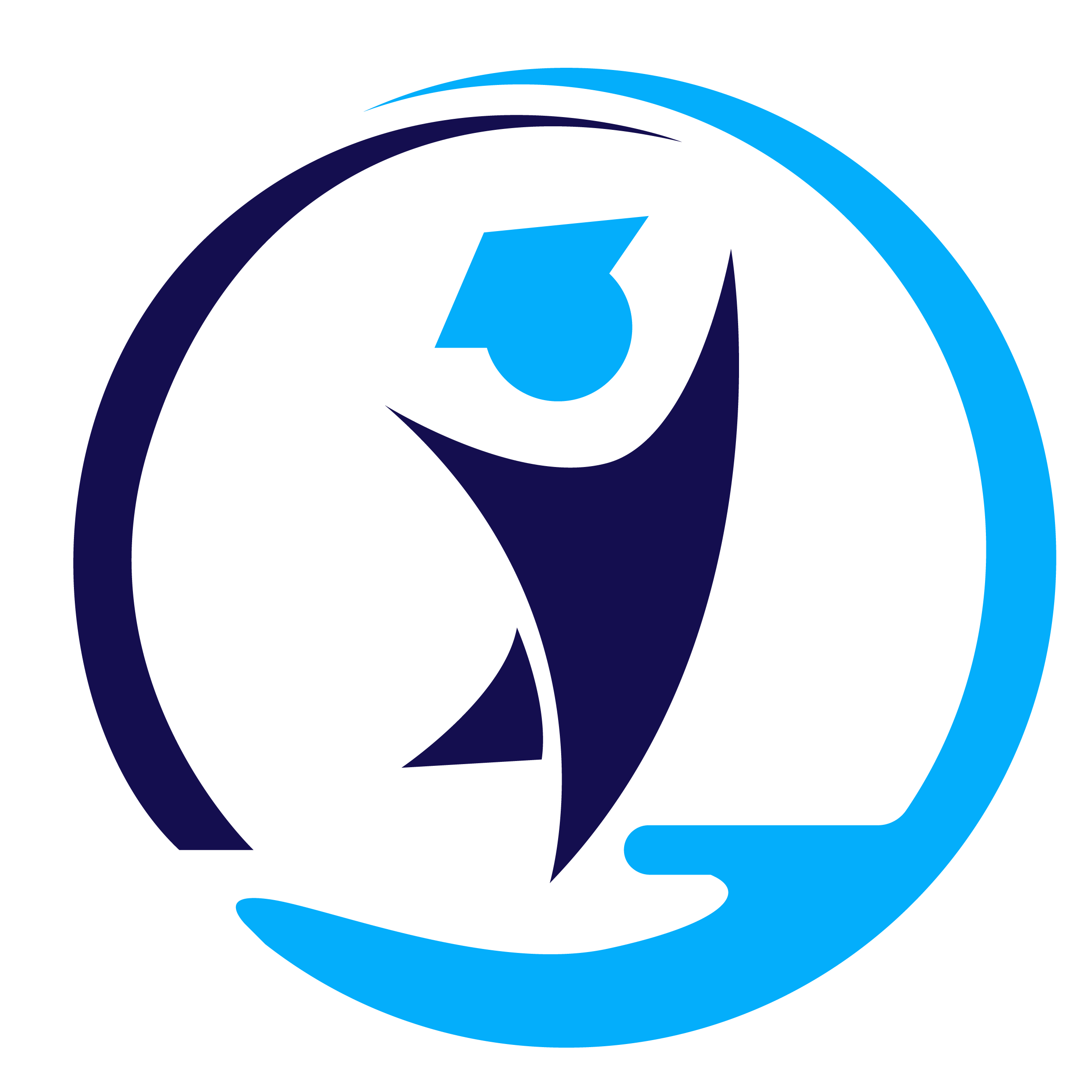The newly launched “Free Wi-Fi for schools” Project by Netvo Samoa, FAST and associated partners provides a great prospect for an improved access to the internet and information for learning. However, the absence of appropriate security solutions for content filtering (firewall) is a major concern and a risk for our schools, and particularly our students. Nevertheless, this concern can be resolved by collaboratively implementing smart solutions for the sake of education and safe learning environments which is a collective responsibility.
As the Ministry of Education, Sports and Culture (MESC) responds to the challenges from the current and probable impacts of the COVID-19 pandemic on education, there is growing reliance on the use of the internet and web-based technology for the delivery of learning.
Schools are currently being equipped by the MESC with a variety of technology capabilities, such as hosting and participating in video/zoom conferences, online trainings through the Moodle Learning Management System and other web-based technologies to facilitate and prepare schools to ensure learning takes place even in the worst case scenario. Most critical for MESC is the security of the internet connections for schools to ensure teachers and students can access only educational and appropriate websites for teaching and learning. This has been achieved through multiple layers of security (firewalls) which provide content filtering and cyber-security protection.
Since the launch of the Samoa National Broadband Highway (SNBH) and SchoolNET projects in 2014, the Government of Samoa through the MESC have been funding for free internet access and email services to primary and secondary schools in both Upolu and Savaii even to this day. Despite these benefits, technical challenges are inevitable with the use of technology. Technology evolves at a fast pace and hardware can become obsolete in a matter of months and a few years, therefore some schools have experienced different levels of downtime and the absence of the connectivity given their geographical location. On the other hand, some schools have been actively utilising and benefiting from the free and secure Government Wi-Fi internet as well as being able to access the customised Samoa curriculum based resources for learning.
As part of the MESC’s COVID19 response for education, MESC entered into a Memorandum of Understanding (MoU) with UNESCO in partnership with Vodafone. Solutions proposed under this partnership provided overwhelming assistance valued at 19million Tala for education, which saw Vodafone providing free student SIM cards to access secured and approved learning websites at zero data and much more. Similarly, Digicel Samoa implemented a solution of equivalent value which gave their customers the same privileges with free and secure access using existing customer SIM cards. The intention of these partnerships with the private sector was to empower the students and teachers during a School Closure to securely access learning at zero data using their personal devices or any compatible mobile device at their disposal.
With the growing dependence on internet and web-based technologies, it is a top priority and a critical requirement that internet access for schools is secure and safe. These are fundamental educational standards in our digital world today which includes knowing about the Internet and how one’s behaviours can support a healthy environment with the use of the Internet. Students should be able to safely explore how the Internet offers an amazing way to collaborate with others worldwide and learn at their own pace, while staying safe through employing strategies such as content filters and training people to know the difference between inappropriate content and positive online connections. The MESC continues to work relentlessly on developing these foundational skills for teachers through awareness and curricula programmes and for students to be able to critically analysis the information they access and determine appropriateness and relevance to their educational needs.

Afamasaga Dr. Karoline Afamasaga-Fuata’i
Chief Executive Officer
Ministry of Education, Sports and Culture
